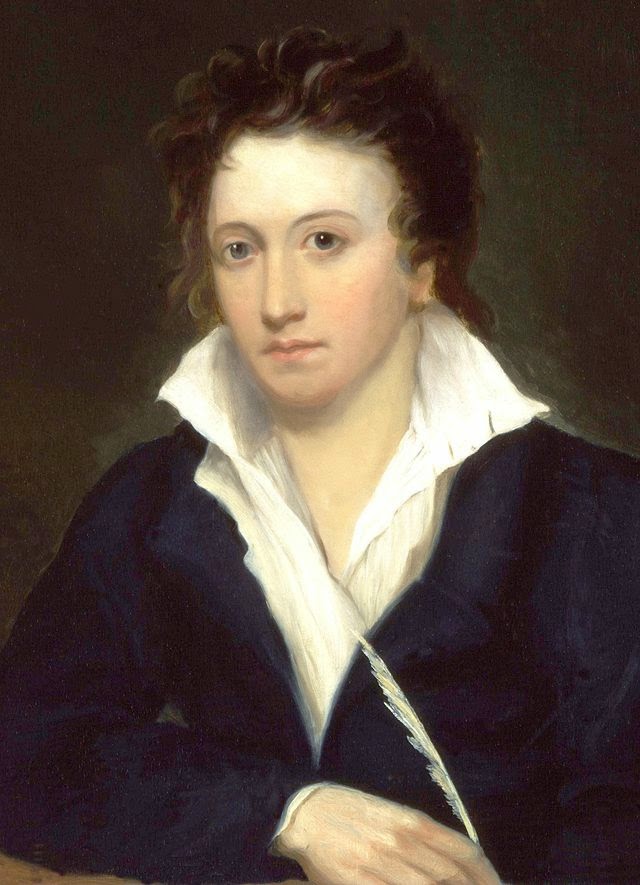 During an epically long and multitask-worthy conference call this morning I logged into Gmail to work through the backlog of spam and feed alerts.
During an epically long and multitask-worthy conference call this morning I logged into Gmail to work through the backlog of spam and feed alerts.One of the few great remaining things about email is that it gives you an excuse to binge read your feeds - like watching an entire season of House of Cards in a weekend. Seven unread posts from theSkimm? Yes, please.
My guilty e-binge is poetry - I have subscribed to nearly every poetry blog, email and podcast I've ever come across. That's a lotta poems, delivered directly to me like morphine through a PICC line, every day.
Many, many people think they just don't get poetry. Which is just silly. Everyone gets songs, everyone remembers nursery rhymes and jump rope rhymes, and jokes.
Which is why you do, actually, get poetry.
"But how do I know if a poem is good?" is nearly everyone's next concern. My advice is to stop worrying about what is generally - and by generally I mean academically - considered to be "good."
Good poetry, like good food and good music and good sex, is relative. Did you enjoy it? Yes? Then it was good.
Back to binging: Binge reading poetry - not unlike experimentation in college or playing Pandora roulette - helps you figure out what you like.
Actually, the experimental sex metaphor is not a bad one. Let's go with it. (That's what he said).
- Open a poem, whether in a book or randomly selected from a site like poetryfoundation.org (Metaphorically find someone with whom you have a bit of chemestry)
- Read the opening stanza (Kiss him/her)
- Does it repel you? No?
- Read the next stanza (Press against him/her)
- Are you bored? No? Read the next stanza (Let your hands wander)
- Do you feel something? Yeah? Keep going (Keep going...)
- Read the first stanza (Kiss)
- Does it repel you? Yes? Move on to the next opportunity. Life is too short to be spent with bad poems and poor kissers
Try it. Click through the poems. You may give up on the first one and click away after reading one line, one stanza, two stanzas... Click on the next poem...and the next poem...keep clicking until you find yourself reading all the way through a poem. When you find the poem you want to read to the end I guarantee you will get it.
Here is the poem that sent me down this path today. I've never heard of Craig Arnold but I kissed him and I liked it.
Poem of the Day: Bird-UnderstanderBY CRAIG ARNOLD
Of many reasons I love you here is one
the way you write me from the gate at the airport
so I can tell you everything will be alright
so you can tell me there is a bird
trapped in the terminal all the people
ignoring it because they do not know
what do with it except to leave it alone
until it scares itself to death
it makes you terribly terribly sad
You wish you could take the bird outside
and set it free or (failing that)
call a bird-understander
to come help the bird
All you can do is notice the bird
and feel for the bird and write
to tell me how language feels
impossibly useless
but you are wrong
You are a bird-understander
better than I could ever be
who make so many noises
and call them song
These are your own words
your way of noticing
and saying plainly
of not turning away
from hurt
you have offered them
to me I am only
giving them back
if only I could show you
how very useless
they are not
|



